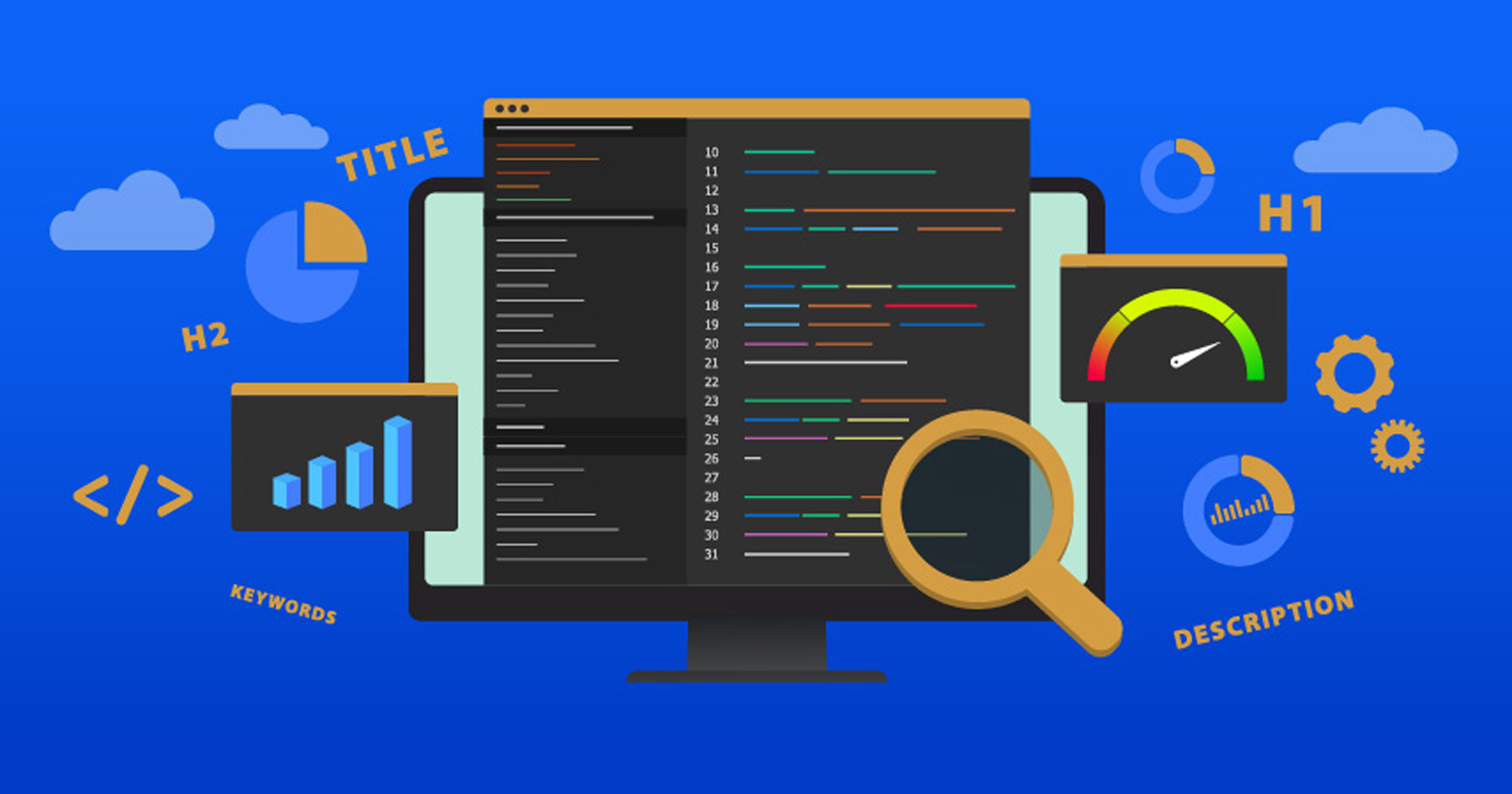Unlocking the Secret to SEO Success: Mastering On-Page Optimization Strategies

Search engine optimization (SEO) is a crucial aspect of any successful online business. One of the key components of SEO is on-page optimization, which involves optimizing various elements on your website to improve its search engine ranking. Many businesses struggle with on-page optimization, but mastering this aspect of SEO can greatly enhance your website's visibility and drive more organic traffic. By understanding and implementing the right on-page optimization strategies, you can unlock the secret to SEO success.
The first step in mastering on page optimisation seo is to conduct thorough keyword research. Keywords are the terms and phrases that people type into search engines when looking for information. By identifying the right keywords for your business and incorporating them strategically into your website's content, meta tags, and URLs, you can increase your chances of ranking higher in search engine results pages (SERPs). Use tools like Google Keyword Planner, SEMrush, or Ahrefs to identify relevant keywords with high search volume and low competition.
Once you have identified the right keywords, the next step is to optimize your website's meta tags. Meta tags are the HTML elements that provide information about your webpage to search engines. The three most important meta tags for on-page optimization are the title tag, meta description, and meta keywords tag. The title tag should include your target keyword and be descriptive and compelling to encourage users to click on your link. The meta description should summarize the content of your webpage and include your target keyword. The meta keywords tag is no longer as important for SEO but can still be used to include relevant keywords.
In addition to optimizing your meta tags, it is essential to create high-quality, relevant content that includes your target keywords. Search engines prioritize websites that provide valuable and informative content to users. Make sure your content is well-written, engaging, and offers solutions to your target audience's problems. Incorporate your target keywords naturally throughout your content, including in headings, subheadings, and body paragraphs. Avoid keyword stuffing, as this can hurt your SEO efforts.
Another important on-page optimization strategy is to optimize your website's URLs. URLs are displayed in search engine results and can impact your website's click-through rate. Make sure your URLs are descriptive, include your target keyword, and are easy to read. Avoid using long strings of numbers or irrelevant characters in your URLs. Use hyphens to separate words in your URLs instead of underscores, as search engines treat hyphens as word separators.
Optimizing your website's images is another crucial aspect of on-page optimization. Use descriptive file names for your images that include your target keyword. Add alt text to your images that describes the image content and includes your target keyword. This helps search engines understand what your images are about and can improve your website's visibility in image search results.
Internal linking is another on-page optimization strategy that can help improve your website's SEO. Internal links are links that point to other pages on your website. By creating a logical internal linking structure, you can help search engines understand the hierarchy and relevance of your website's content. Include internal links in your content to guide users to related articles or pages on your website. This not only helps with SEO but also improves user experience and keeps visitors on your site longer.
Lastly, it is essential to regularly monitor and analyze your website's performance to identify areas for improvement. Use tools like Google Analytics and Google Search Console to track your website's traffic, rankings, and user behavior. Analyze this data to identify keywords that are performing well and areas where you can optimize your on-page content further. By continually refining and optimizing your on-page optimization strategies, you can stay ahead of the competition and achieve SEO success.
In conclusion, mastering on-page optimization is the key to unlocking the secret to SEO success. By conducting thorough keyword research, optimizing your meta tags, creating high-quality content, optimizing your URLs and images, internal linking, and monitoring your website's performance, you can greatly improve your website's search engine visibility and drive more organic traffic. Implementing these on-page optimization strategies will help you climb the search engine rankings and attract more visitors to your website, ultimately leading to increased sales and business growth.